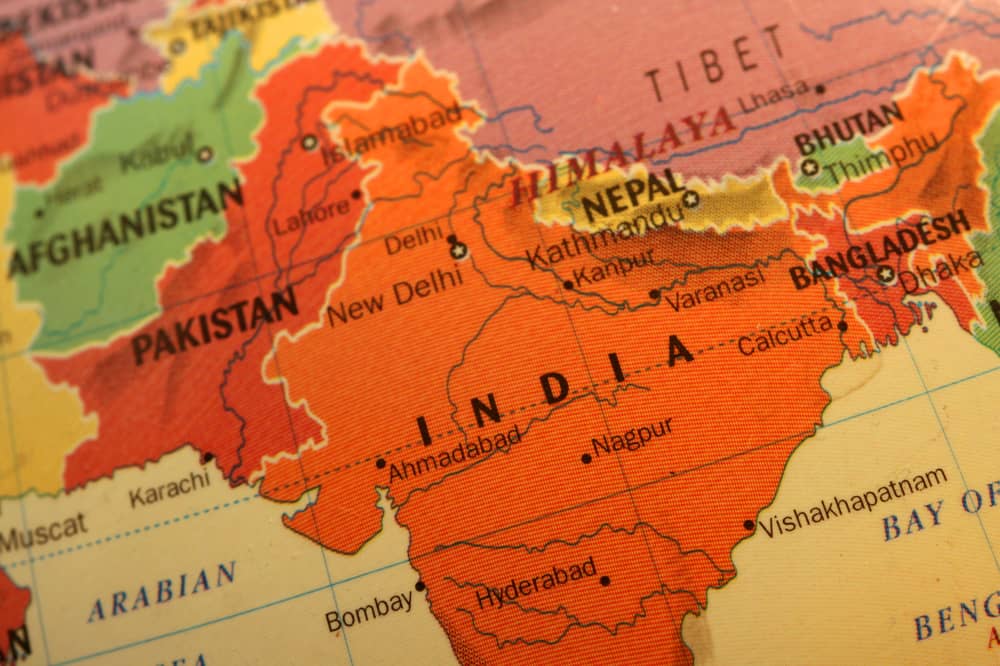Despite India and Pakistan’s headline equity indices both outperforming the S&P 500 over the past year, the two countries’ economies are facing vastly different treatment by major index providers.
On the one hand, Morgan Stanley said in a note it expects Indian debt to be added to JP Morgan’s popular bond indices – its government bond index-emerging markets (GBI-EM) and Global Aggregate benchmarks – before February 2022.
Inclusion in the indices is expected to channel between $170bn and $250bn inflows into the country’s fixed income market over the next decade, compared to the $36.4bn added over the last ten years.
“Foreign ownership of Indian government bonds has been declining but 2022 would be the turning point that could bring an acceleration of bond inflows,” Min Dai, executive director, head of Asia strategy at Morgan Stanley, said.
For now, the Indian government has foreign portfolio limits in place. This means foreign ownership of Indian sovereign debt currently stands at just 2%, Morgan Stanley said, but the bank thinks inclusion in the JP Morgan indices could encourage regulators to take become more laissez-faire.
“We expect one-off index inflows of $40bn in 2022/23, followed by annual inflows of $18.5 billion in the next decade, pushing foreign ownership up to 9% by 2031," Dai concluded.
Pakistan faces passive investor withdrawal
Facing the opposite scenario, Pakistan will be removed from MSCI’s emerging market index suite, the index provider said in a statement on Wednesday.
Having entered the firm’s emerging market benchmark range during a period of strong performance in 2017, Pakistan will be downgraded to frontier market status after just four years.
In its note, MSCI said: “Although the Pakistani equity market meets the requirements for market accessibility under the classification framework for emerging markets, it no longer meets the standards for size and liquidity.
Following a corruption scandal concerning prime minister Nawaz Sharif, foreign investors have sold more than $1bn in Pakistani equity since its upgrade to emerging market status. Despite this, the country’s most popular equity aggregator, the KSE-100 index, has risen 36.3% over the 12 months to 9 September.
While making up just 0.02% of the MSCI Emerging Markets index, the deletion will have a notable impact as many ETF users and other passive investors will be forced to remove their exposure to Pakistan.
Brian Freitas, analyst at independent research provider Smartkarma, told Bloomberg: “After Pakistan’s downgrade, passive investors will have to sell around $100m worth of shares in total, when the change becomes effective.”
An MSCI simulation predicted the country will soon make up 1.9% of the MSCI Frontier Markets index, with potential for it to be added to the MSCI Frontier Markets 100 index and the MSCI Frontier Markets 15% Country Capped index as well.
While seemingly in good company alongside countries such as Vietnam, Bahrain and Iceland, assets tracking the MSCI Frontier Markets index have halved since 2016 to approximately $5bn, with the downward direction of travel not favourable for the likes of Pakistan.





